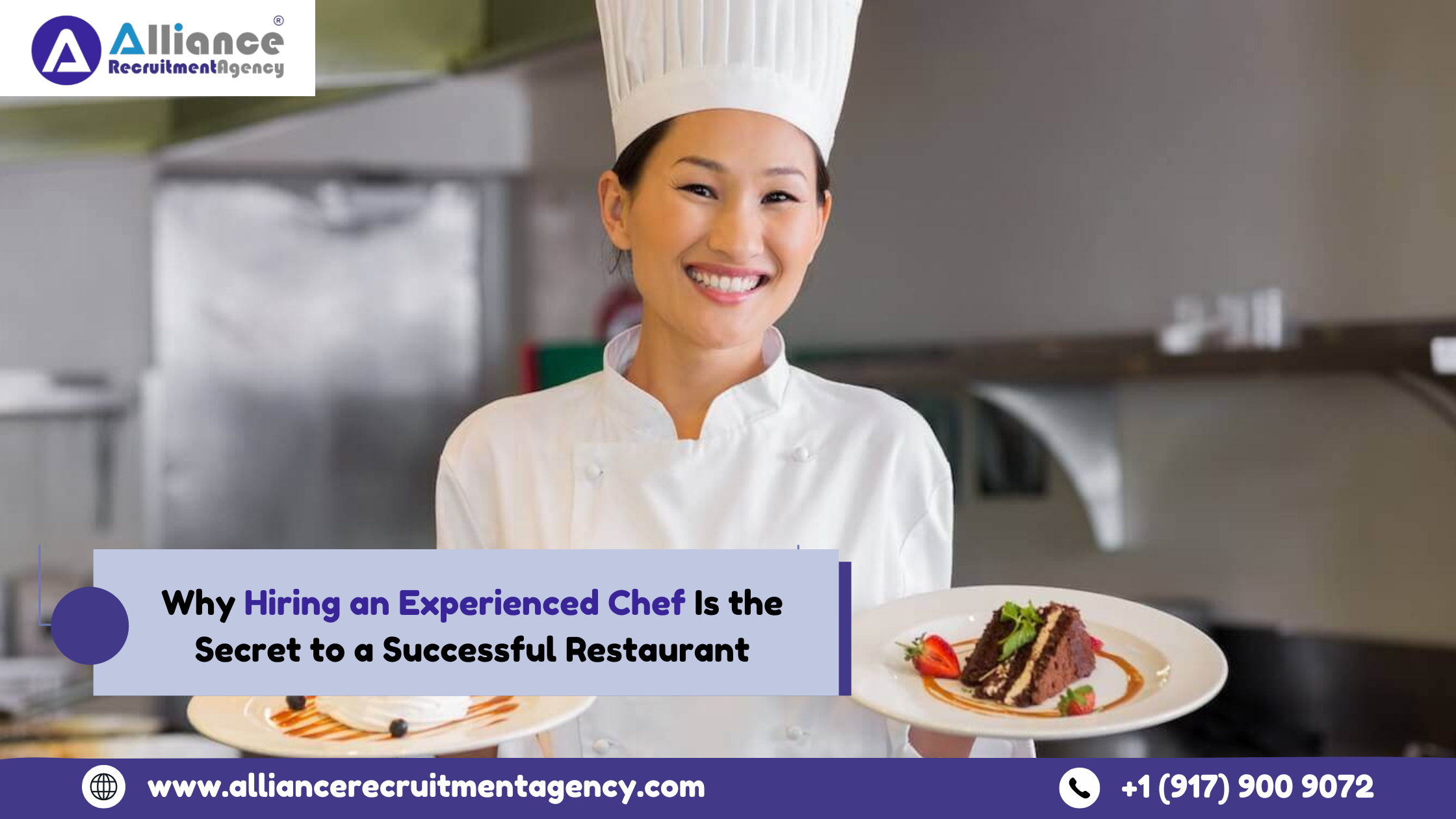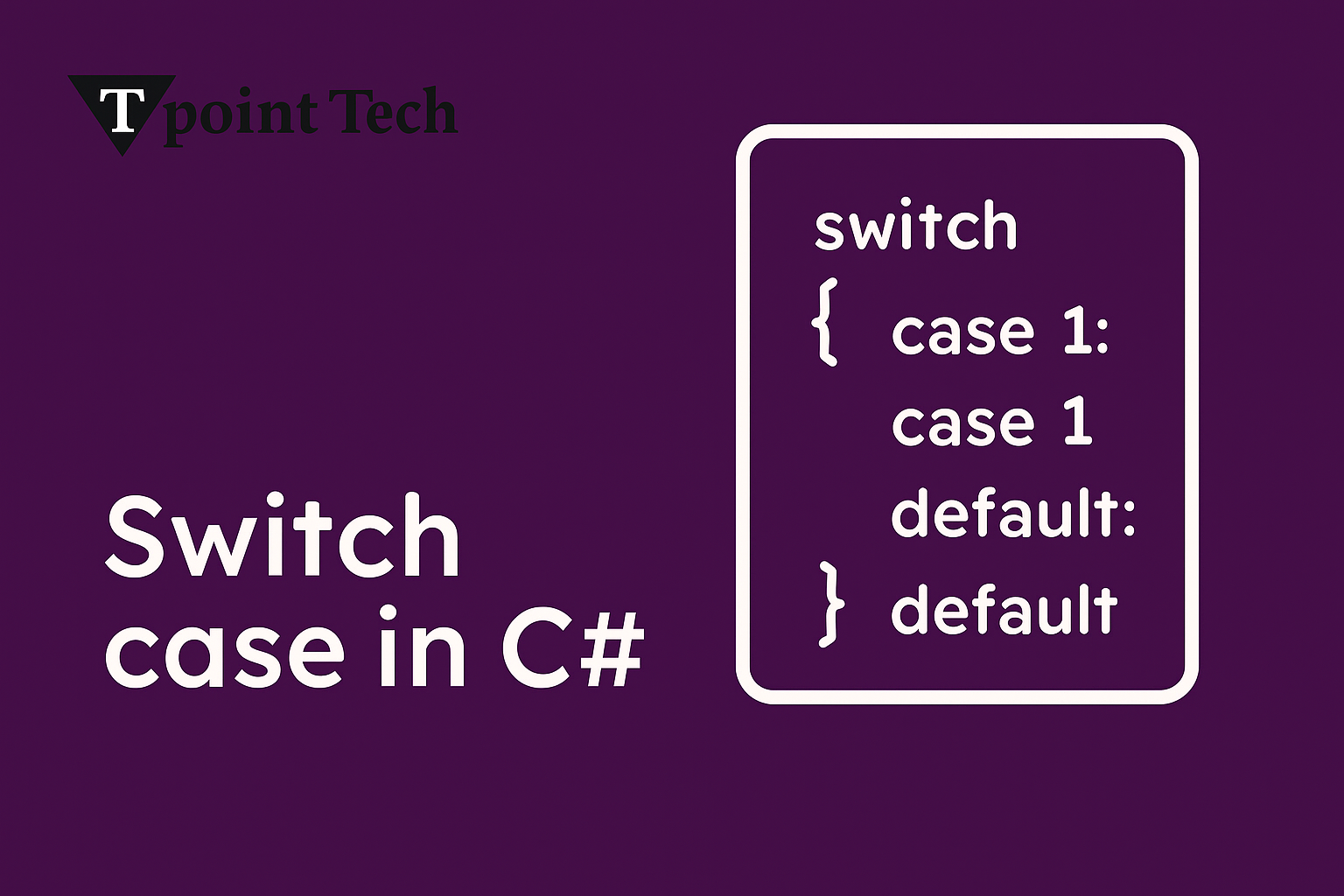Why Hiring an Experienced Chef Is the Secret to a Successful Restaurant

When you walk into a restaurant and taste a dish that lingers in your memory, you’re tasting more than ingredients — you’re tasting the vision, discipline, and artistry of the chef who crafted it. In the highly competitive world of hospitality, where diners have near-instant access to reviews and social media can magnify a misstep, a restaurant’s success often comes down to one pivotal hire: the chef.
An experienced chef doesn’t just cook — they become the backbone of your restaurant’s identity, reputation, and operational strength. Below, we’ll explore why hiring a seasoned culinary professional is not optional but essential for any restaurant aiming for longevity, profitability, and distinguished service.
1. Culinary Vision & Consistency
One of the top benefits of a seasoned chef is consistency in quality. A skilled chef develops precise recipes, calibrates seasoning, monitors portion sizes, and ensures that every plate leaves the kitchen in harmony with the restaurant’s brand and standard. Without this consistency, diners may receive wildly varying experiences — and that can erode trust and loyalty.
Moreover, an experienced chef brings culinary vision. Rather than simply executing guest orders, they can suggest new menu directions, seasonal specials, and creative fusions that keep your offerings fresh yet coherent. This kind of vision is hard to manufacture; it comes from years of tasting, trialing, refining, and leading kitchen teams.
2. Operational Efficiency & Cost Control
A veteran chef doesn’t just cook — they think about supply chains, waste minimization, labor allocation, and kitchen flows. They know how to:
-
Forecast food usage and order intelligently
-
Optimize staffing so employees aren’t idle
-
Reduce food waste through smart prep planning
-
Streamline kitchen organization to reduce chaos
These operational efficiencies translate directly into cost savings. In a margin-sensitive industry like restaurants, even small improvements in inventory use or staffing can make a big difference to the bottom line.
3. Leadership & Team Building
The kitchen is a high-pressure environment. To succeed, you need more than skill — you need leadership. An experienced chef commands respect while motivating, training, and mentoring line cooks, sous chefs, and assistants.
A good chef knows how to communicate under stress, resolve conflicts, and build a cohesive team. When staff feel guided and respected, turnover drops, morale rises, and productivity follows. In contrast, a weak kitchen leadership often leads to mistakes, low morale, and staff attrition — all of which are costly in both reputation and labor.
4. Elevated Brand & Differentiation
In today’s dining culture, brand identity matters more than ever. Restaurants compete not just on food, but on stories, signature tastes, and social media moments. An experienced chef can bring signature dishes, flavour themes, and menu identities that distinguish your restaurant in a crowded marketplace.
When diners can say, “I went to X place because Chef Y’s menu is legendary,” you’ve built brand equity. That’s a competitive moat that’s harder for copycats to replicate, especially if your chef is deeply involved in menu evolution, seasonal shifts, and brand storytelling.
5. Handling Pressure & Unforeseen Challenges
Restaurants face sudden demand surges, supply disruptions, or staff shortages. An experienced chef has seen storms before — late reservations, short-notice substitutions, equipment failures — and knows how to improvise while maintaining quality.
This resilience is rarely taught. It’s built through years of being tested in real kitchens. Having someone steady at the helm means your restaurant is better equipped to adapt under pressure, rather than collapsing when something goes wrong.
6. Compliance, Health & Safety
Food safety, local regulations, and health codes are non-negotiable in the hospitality business. A seasoned chef is familiar with these standards — from cross-contamination protocols to kitchen safety, storage, and sanitation. They can guide staff training and audits, reducing the risk of violations or foodborne incidents.
Mistakes in this area can cost you dearly — from fines to reputational damage. A credible chef helps safeguard your restaurant’s credibility and legal standing.
7. Better Customer Relations & Feedback Loop
Top chefs don’t hide behind the kitchen door. They often step forward, interact with customers, receive feedback, and translate it into menu or process changes. This direct feedback loop fosters loyalty: diners feel heard, valued, and part of the restaurant’s evolution.
Also, when a chef is invested in the guest experience, they act as ambassadors — ensuring every dish aligns with the desired vibe, flavor profile, and expectations.
8. Attracting Talent & Culinary Ambition
Ambitious cooks and young chefs want to work under someone worth learning from. By having a respected culinary leader, your restaurant becomes a magnet for talent. You’ll attract team members who aim to grow, innovate, and commit — rather than those just looking for a paycheck.
This self-reinforcing effect upgrades your kitchen talent over time, elevates internal standards, and fuels healthier staff retention.
9. Credibility in Marketing & Press
Restaurants often draw press, food bloggers, and influencer visits. Having a well-known or highly skilled chef gives you credibility when pitching stories, events, or menu features. The name behind the food becomes part of your marketing narrative — and media outlets are more likely to pick up stories rooted in culinary leadership.
10. Long-Term Investment & ROI
Yes, hiring a chef often means a higher salary (or benefits, bonuses, profit-sharing). But view it as a strategic investment, not an expense. The returns come from improved efficiency, stronger brand loyalty, lower turnover, and reduced errors. Over time, the value delivered by an adept chef can far surpass the initial cost.
Pro Tip: How to Hire the Right Experienced Chef
-
Look for kitchen leadership experience, not just cooking skill.
-
Ask for portfolio or tasting trials to assess vision and consistency.
-
Check references internally, especially from former kitchen staff.
-
Include personality fit: a chef should align with your brand culture.
-
Ensure they have knowledge of cost control, safety, compliance.
-
Collaborate on contract terms (bonuses tied to performance, profit share).
-
Use trusted agencies if needed (for example, see how to hire a chef for a restaurant).
Conclusion: The Chef Is the Heartbeat of Your Restaurant
A restaurant without an experienced chef is like a stage without a director — the pieces may shuffle, but the story lacks coherence, direction, and resonance. A great chef harmonizes kitchen operations, inspires teams, shapes guest experience, and anchors your brand’s identity.
If you’re building or scaling a restaurant, don’t skimp on this hire. The right chef is more than someone who cooks — they become the engine of your vision.







